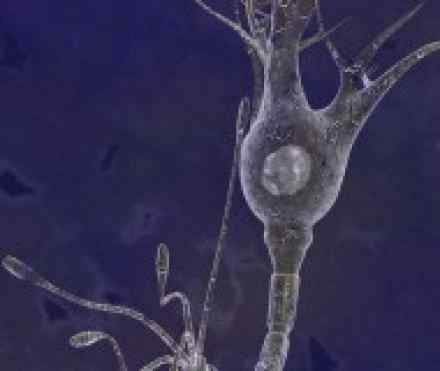
Health In The News
Learn more about your health or illness with our health video series.
Please read our policy and consent to Marketing and Preferences cookies by clicking the icon on bottom left corner to view YouTube videos
Parkinsonism refers to any condition that causes a combination of the movement abnormalities seen in Parkinson's disease — such as tremors, slow movement, impaired speech or muscle stiffness — resulting from the loss of dopamine-containing nerve cells (neurons).







